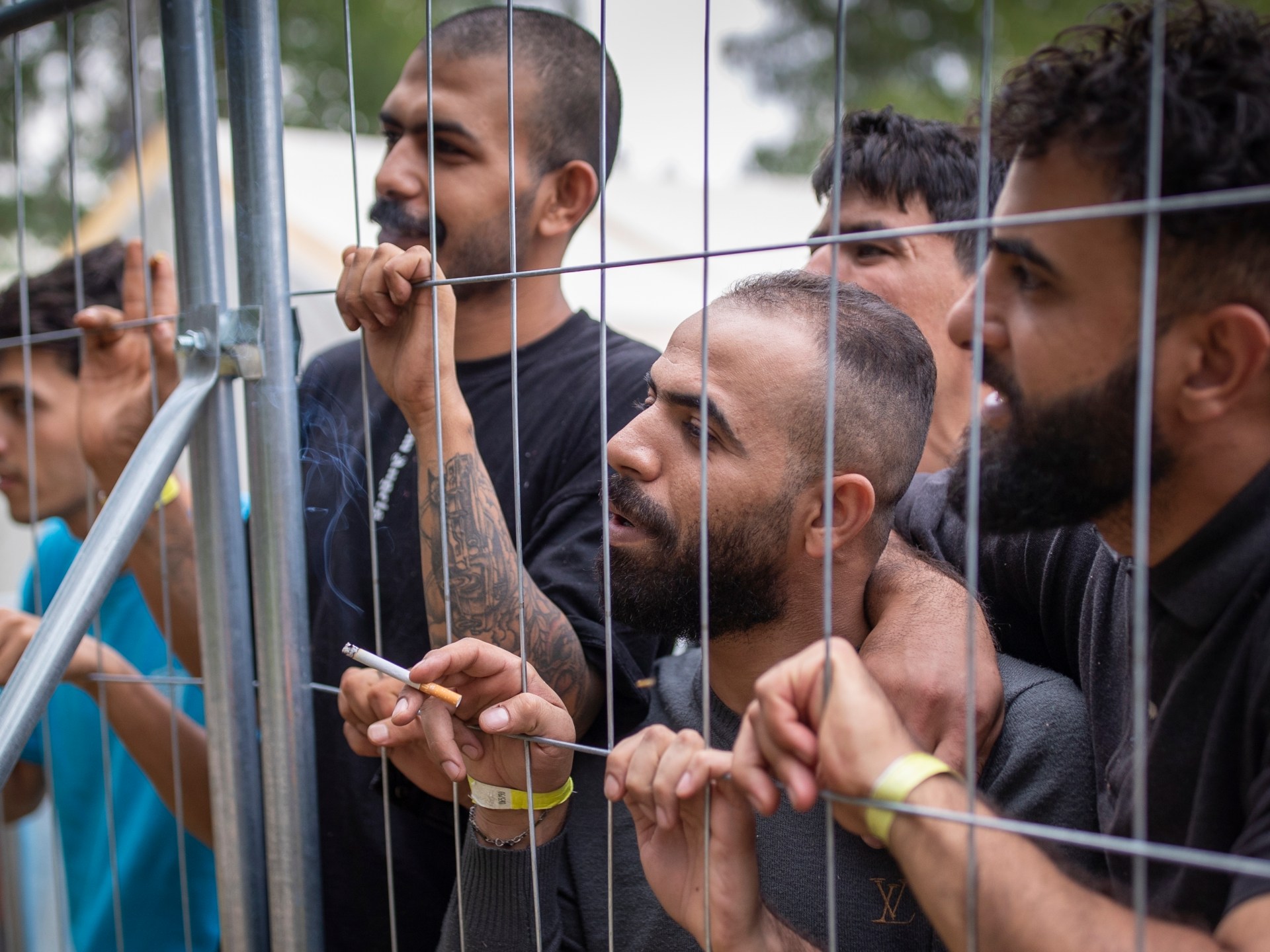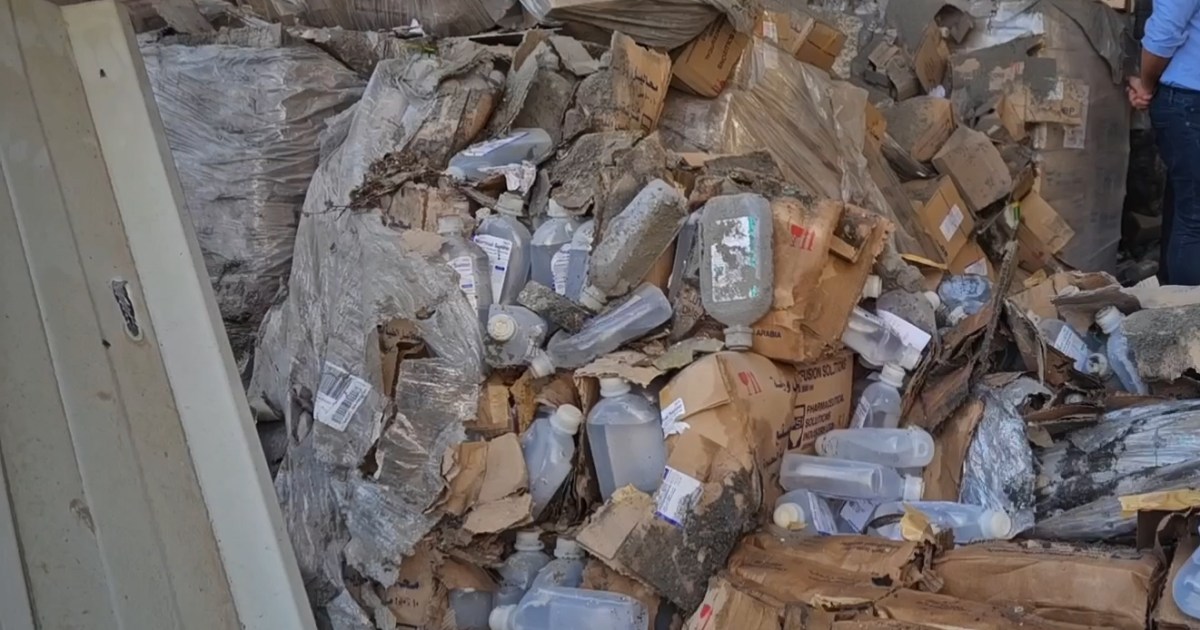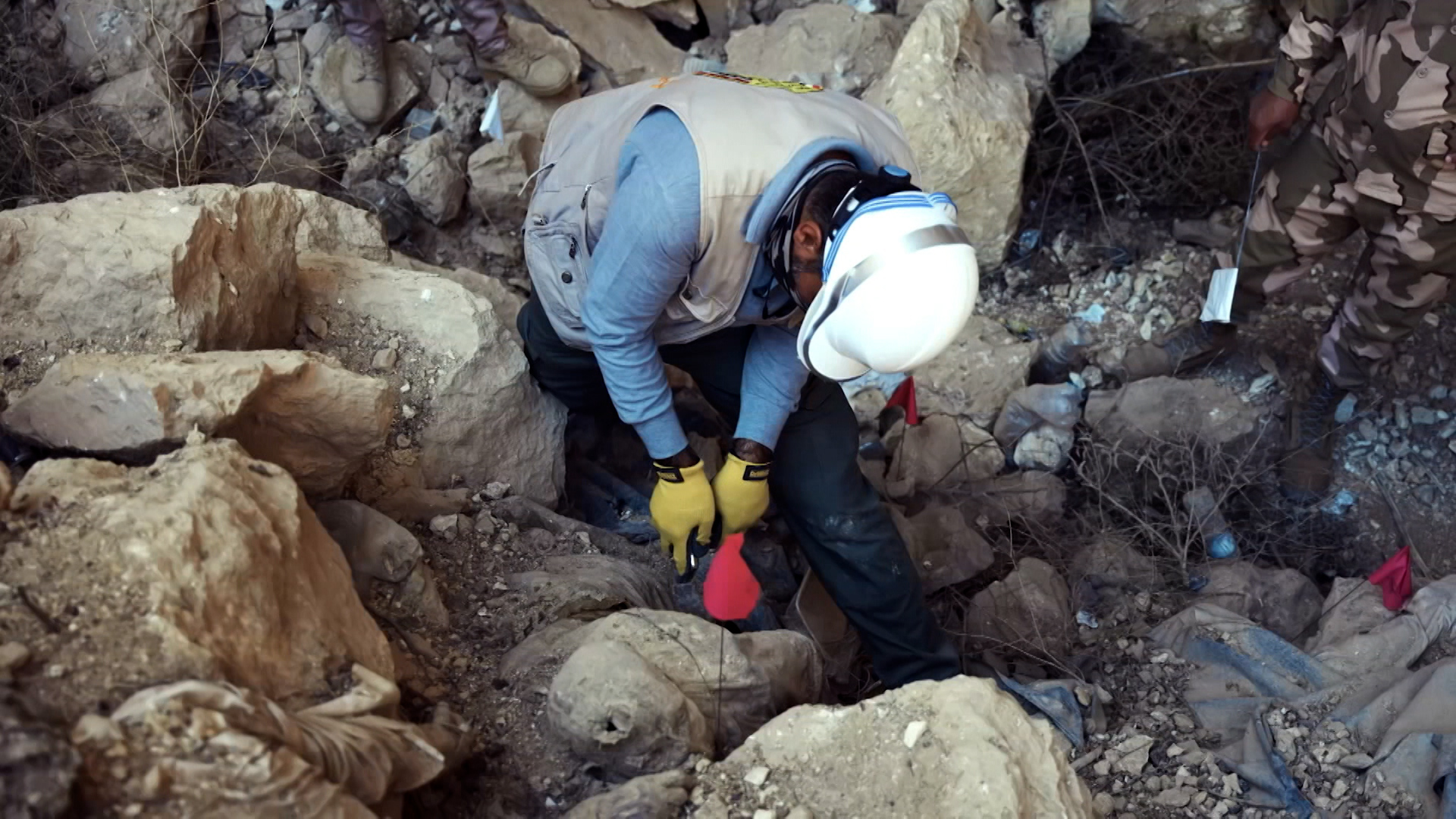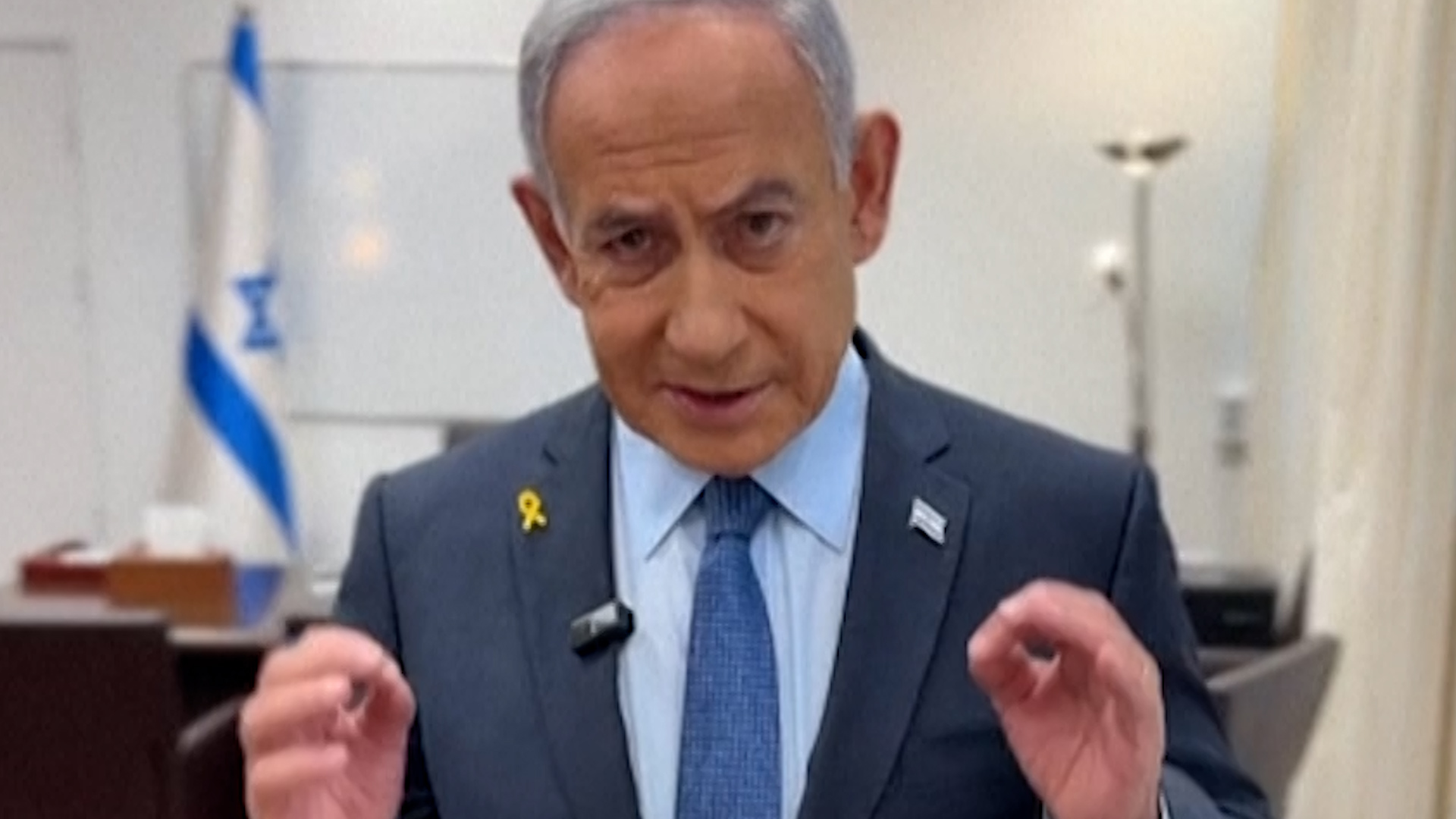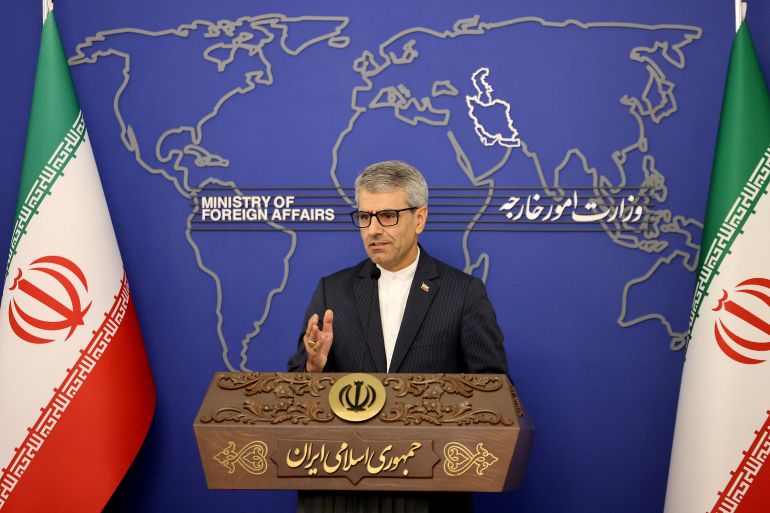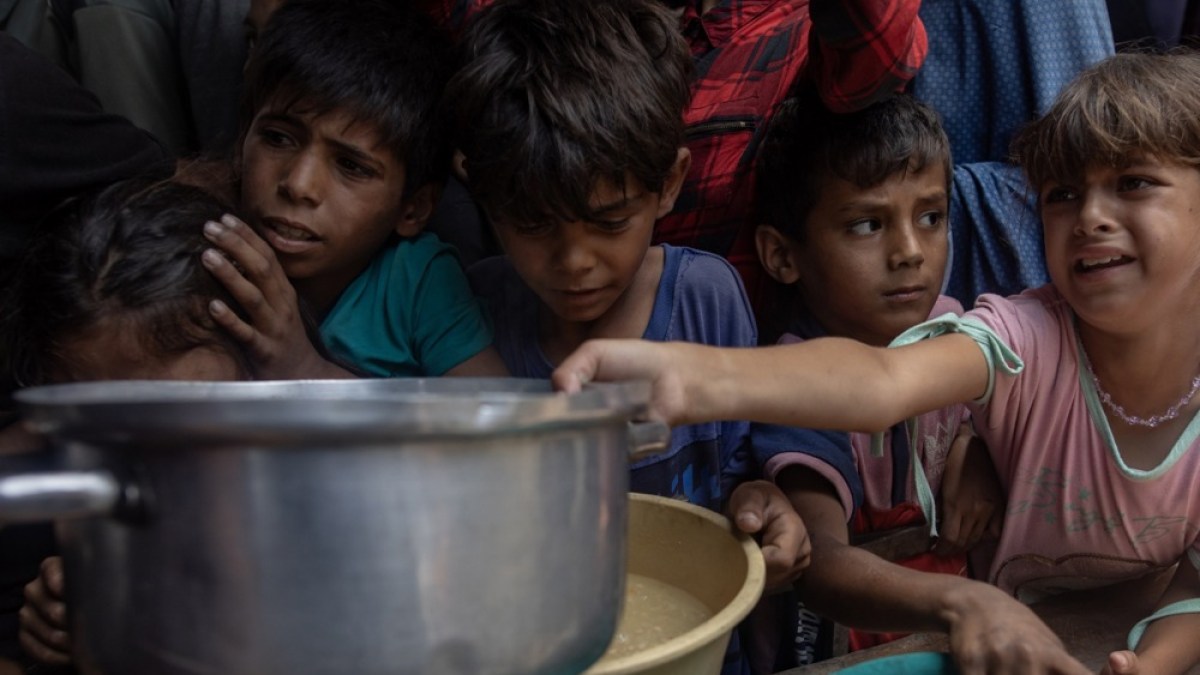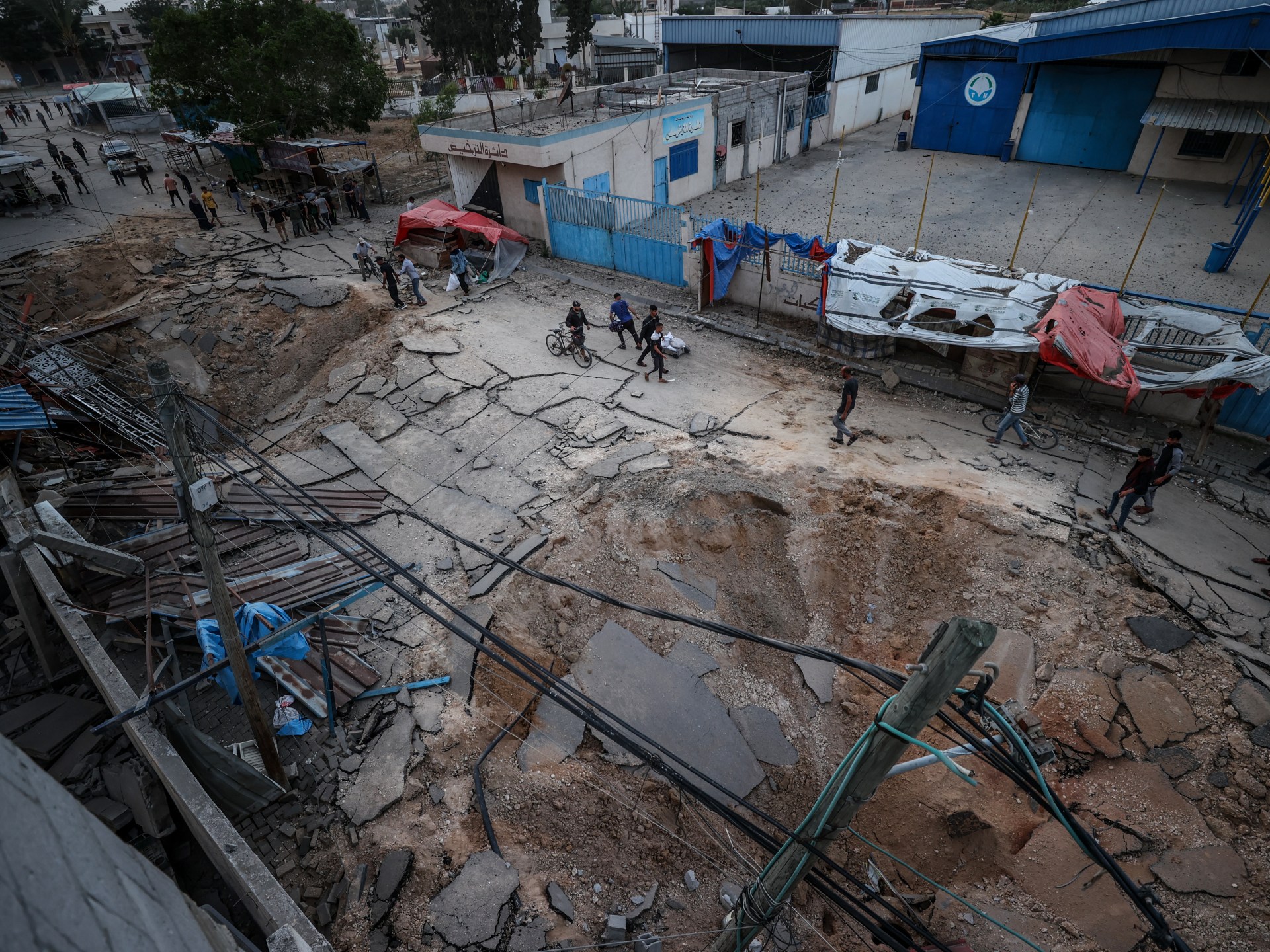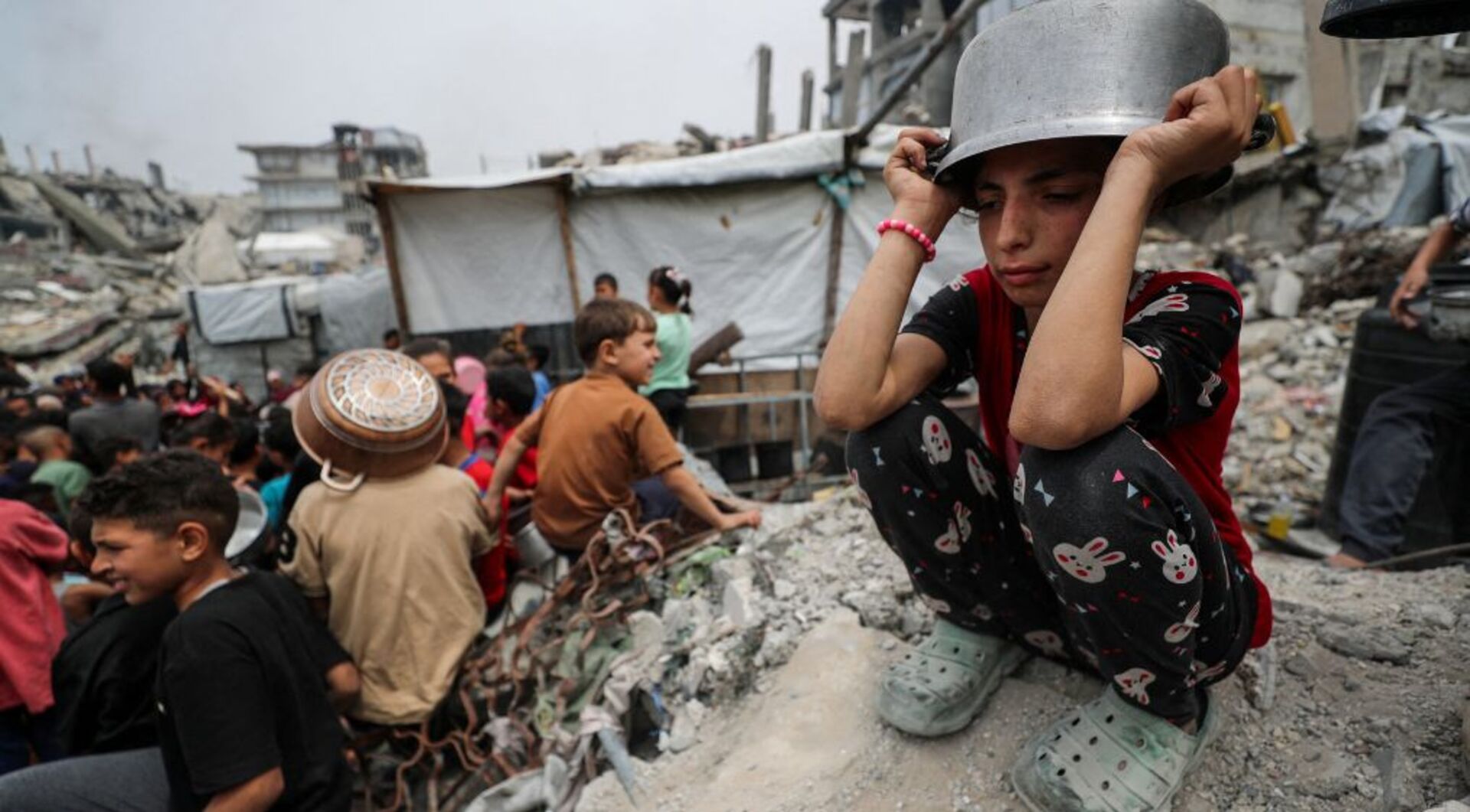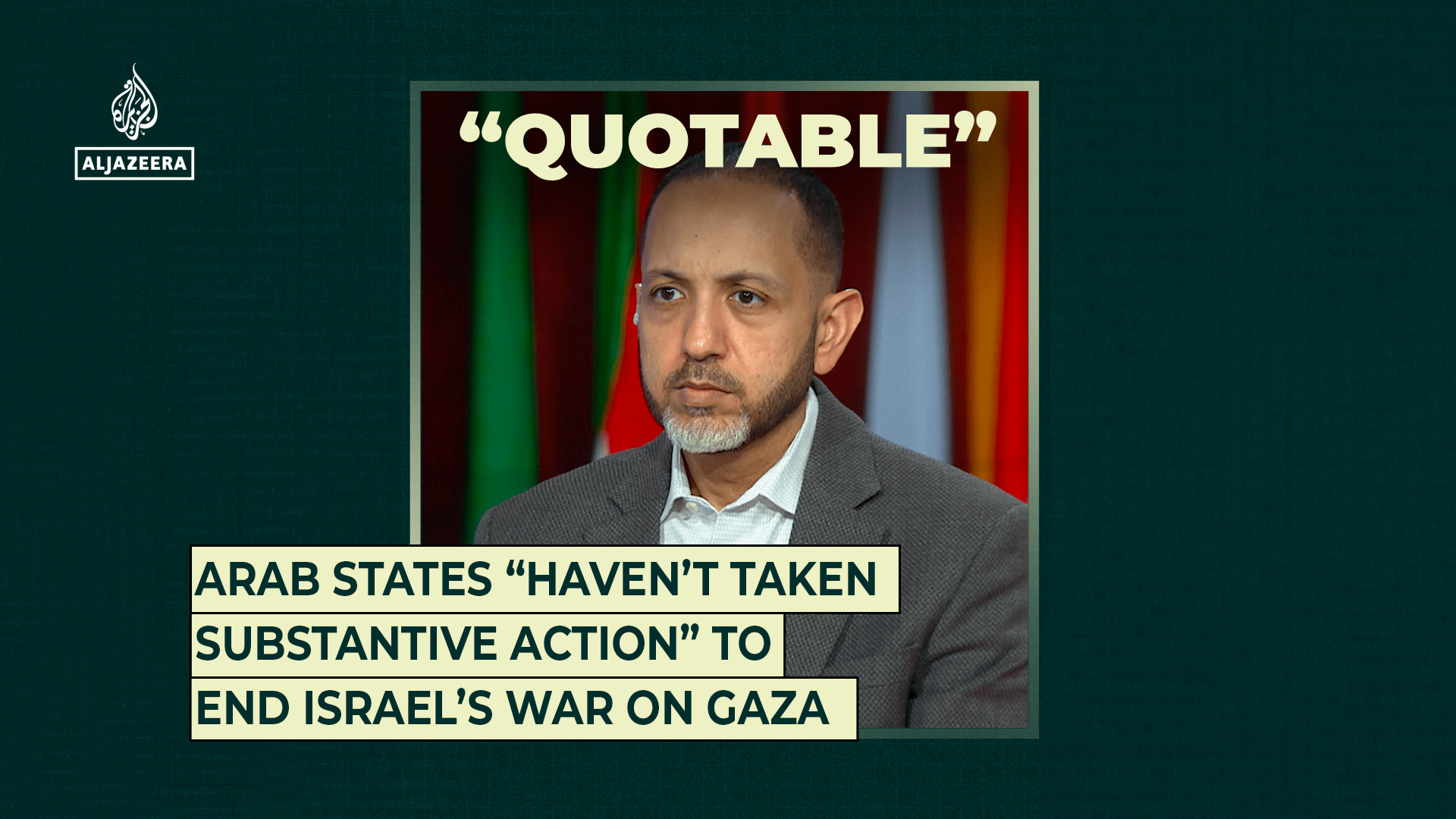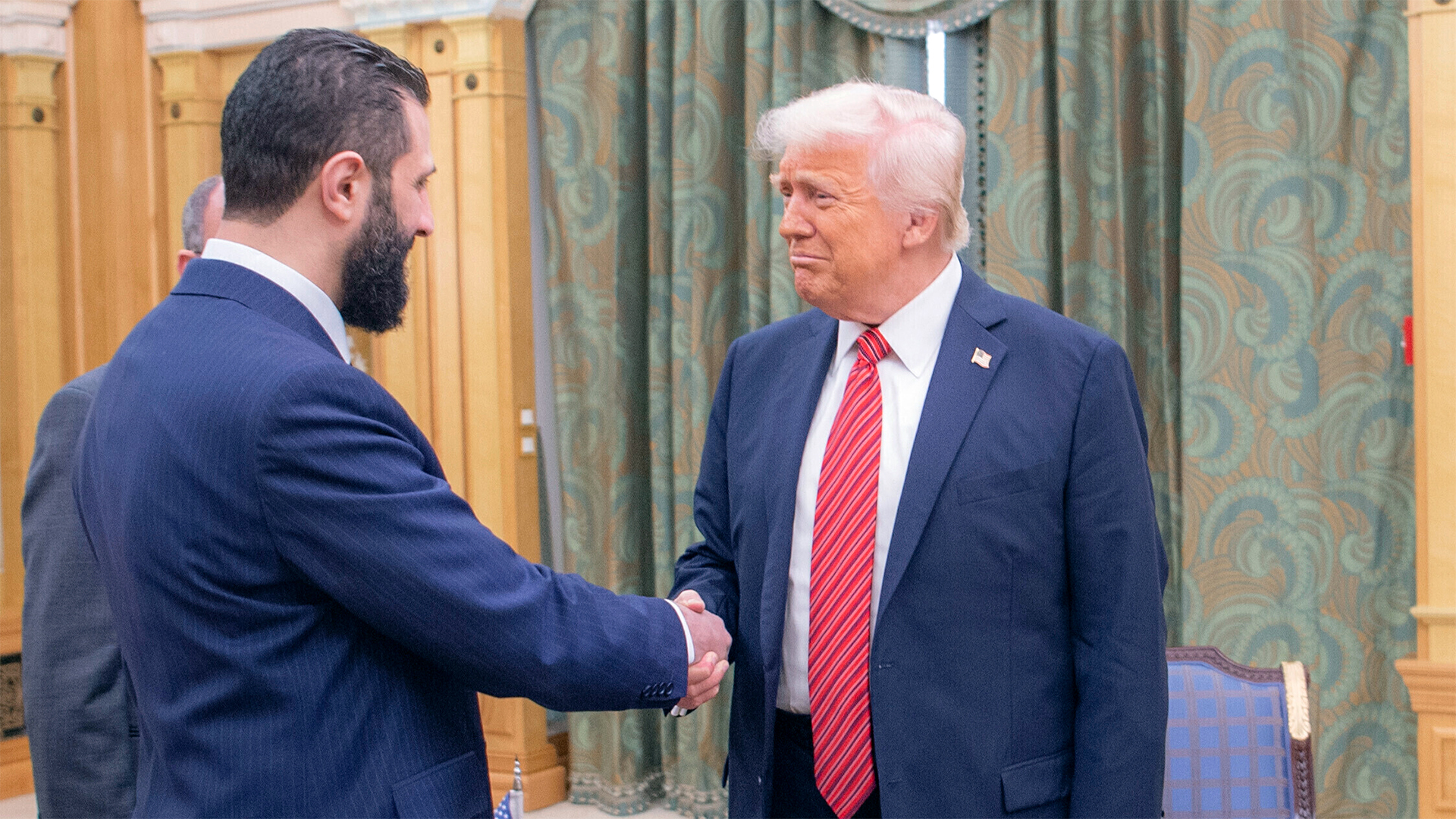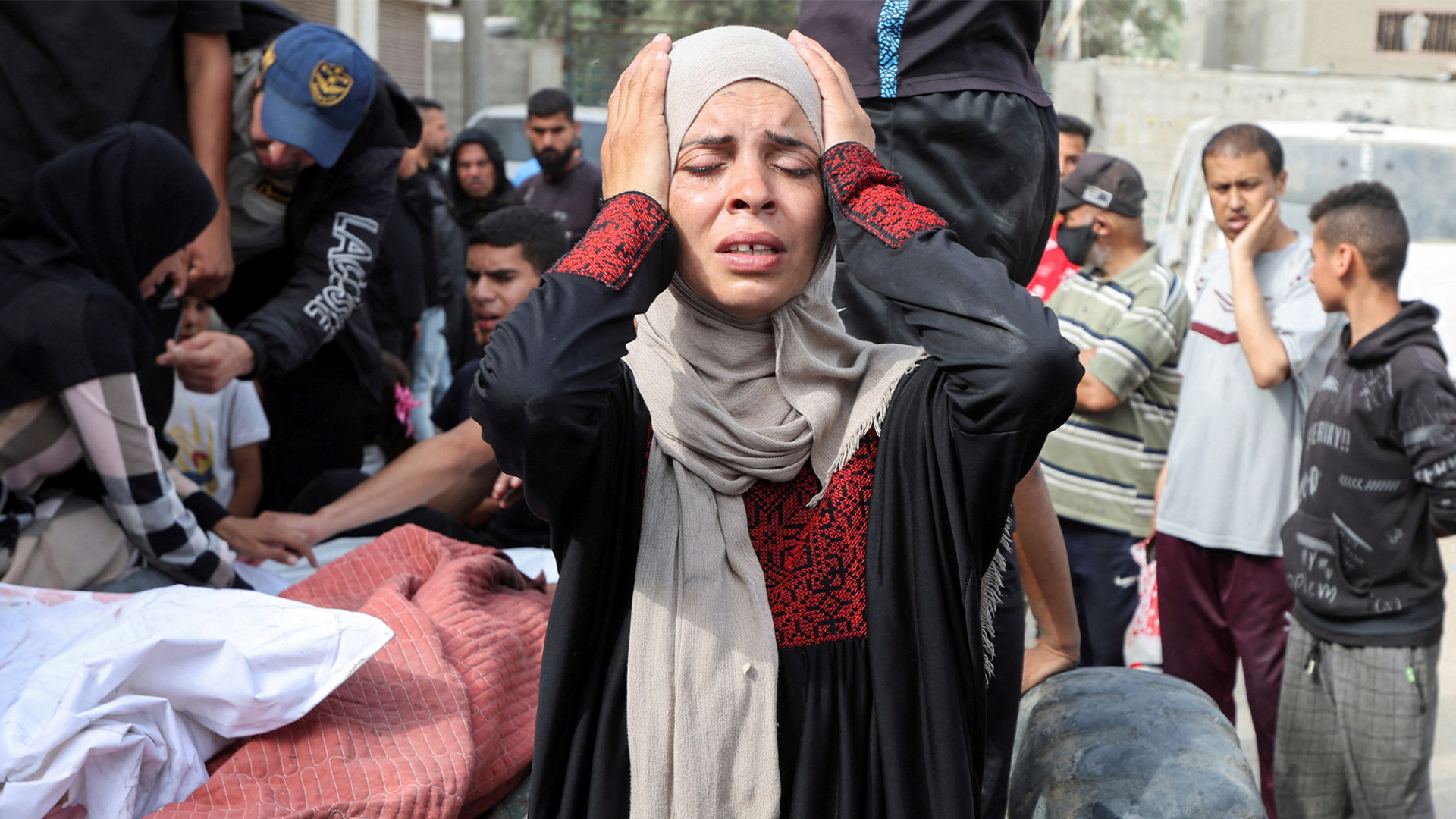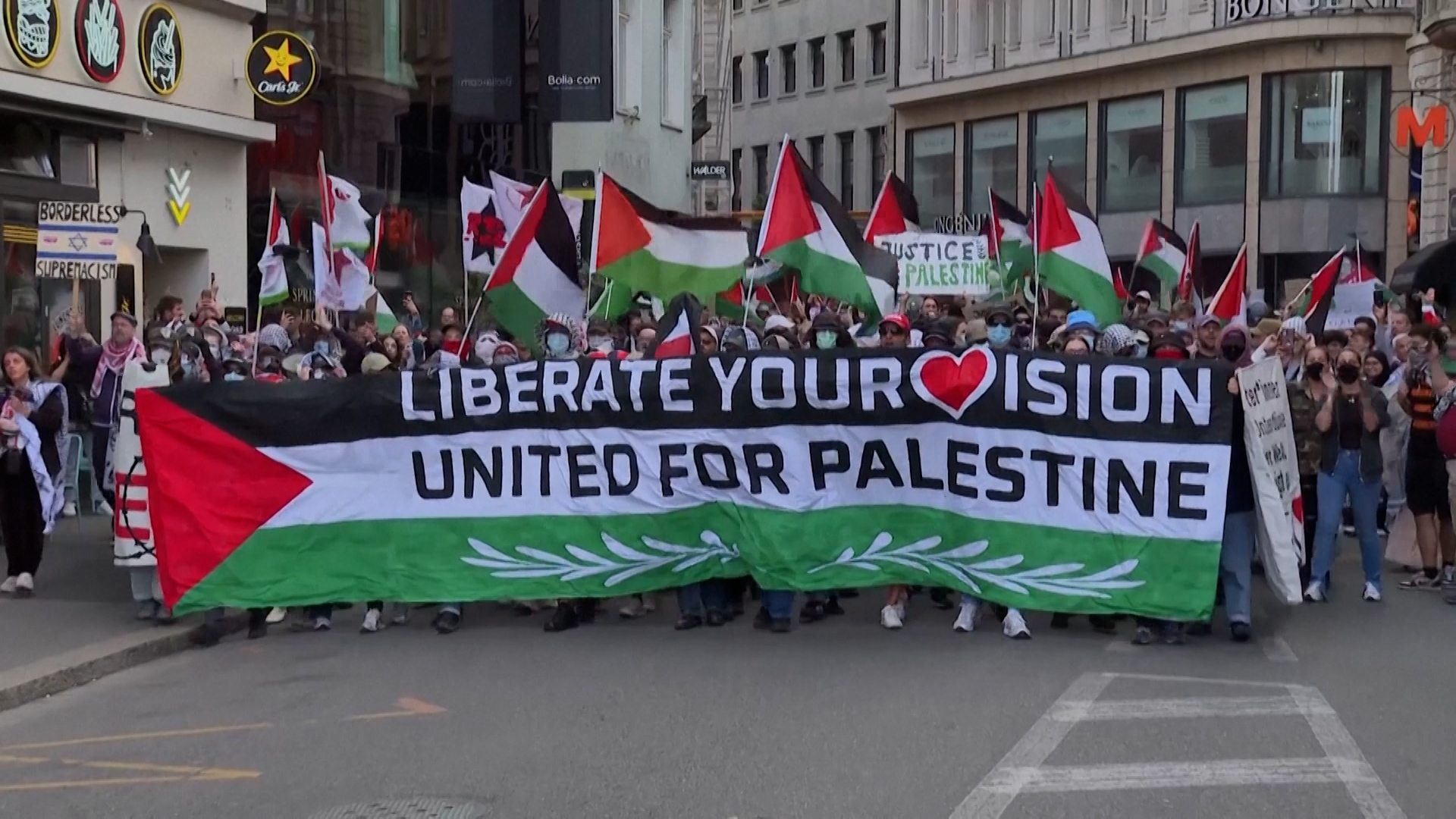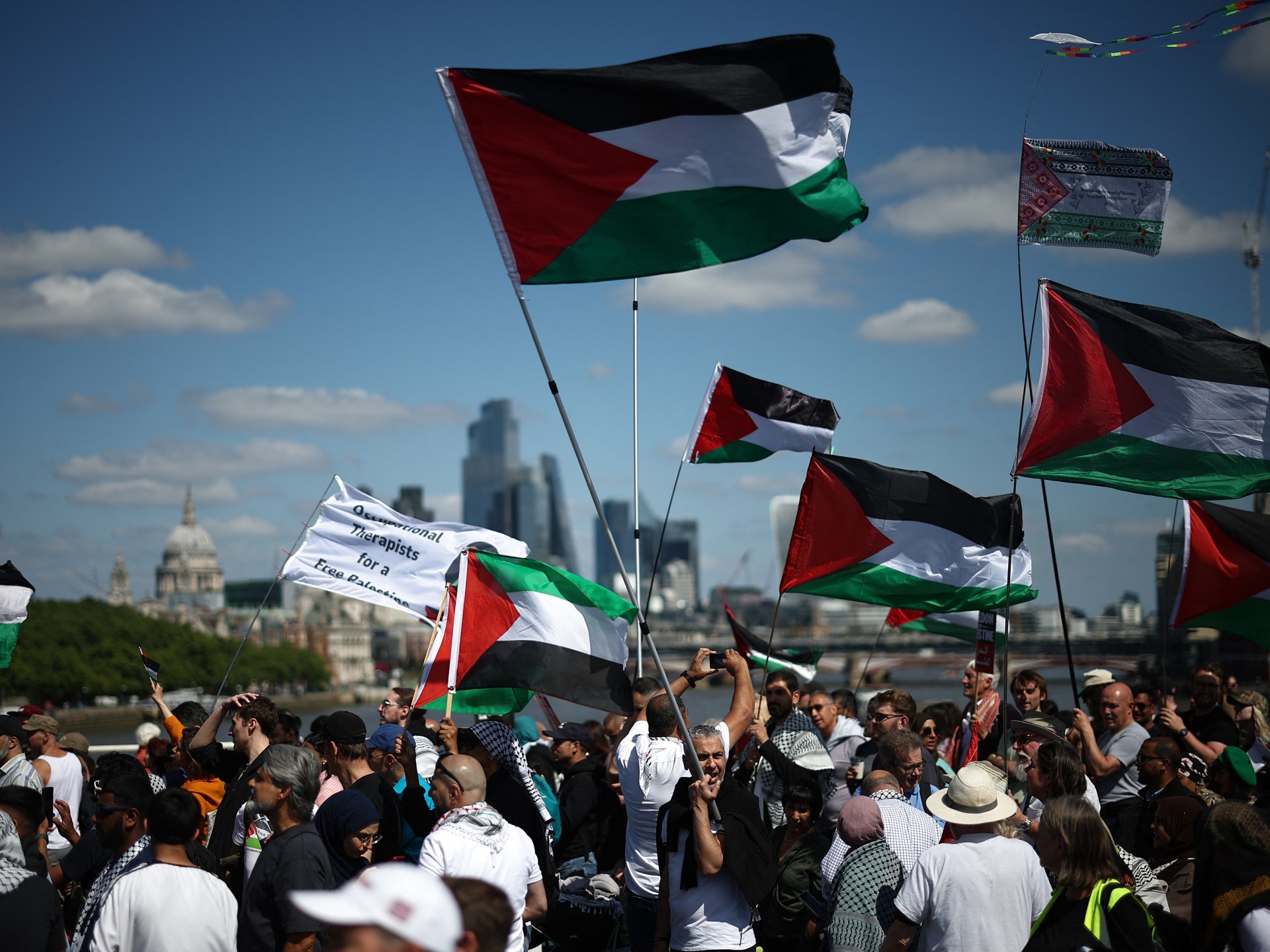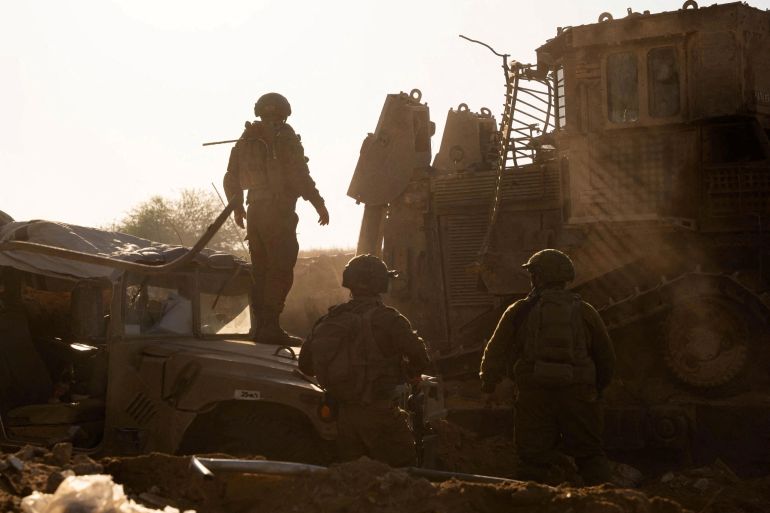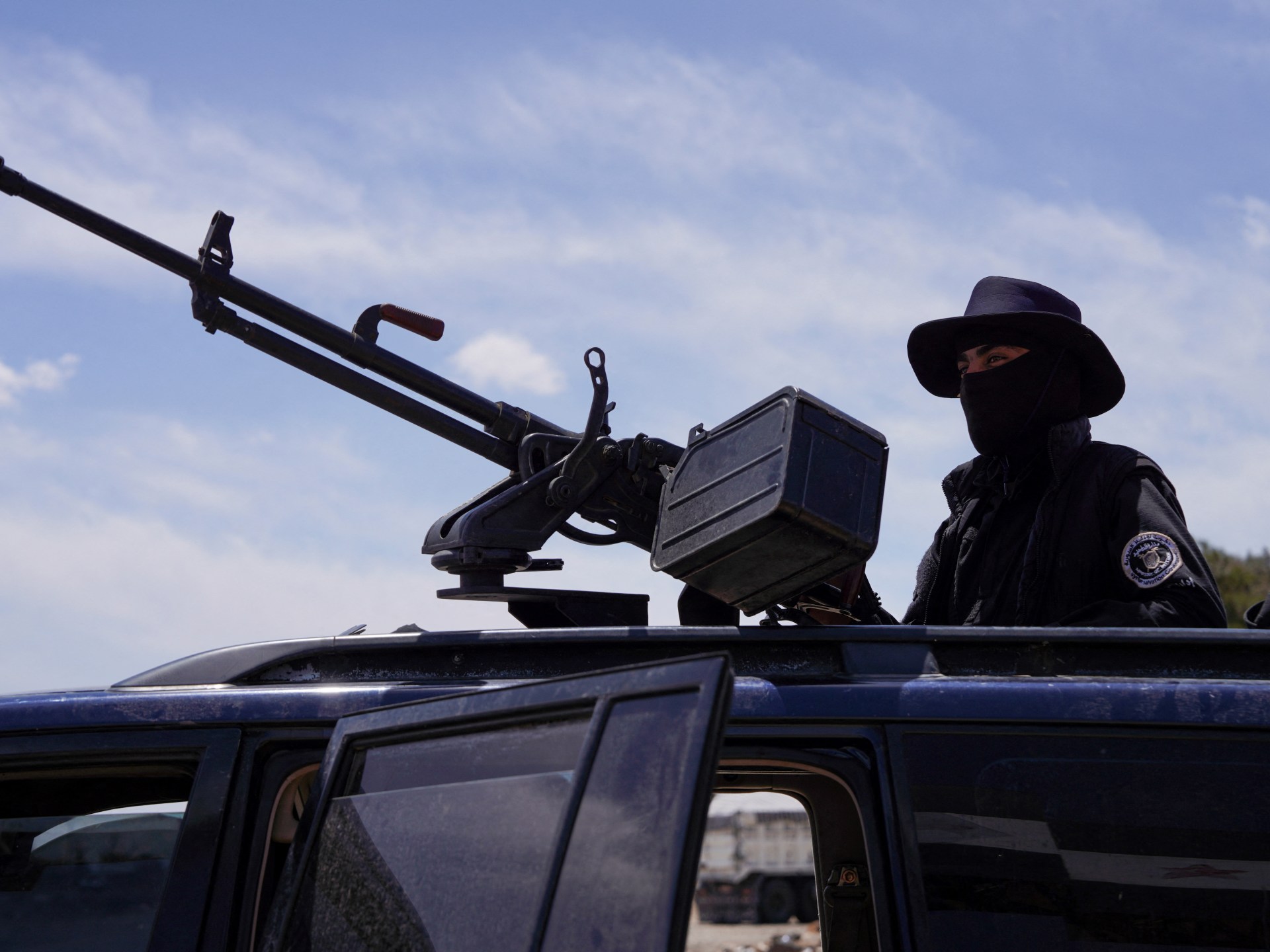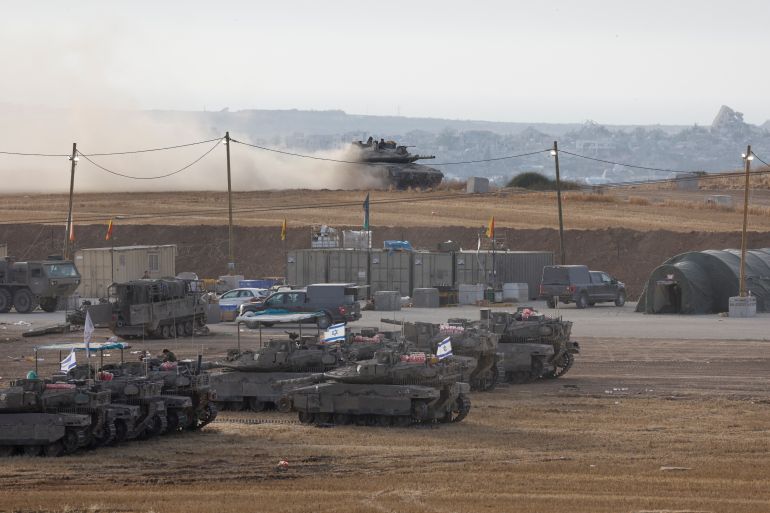I was always told as a child that breakfast is the most important meal. It gives you the energy to keep going the whole day. And so, in my family, we would regularly eat a scrumptious breakfast.
That was in the past, of course. For weeks now, we have had hardly anything to eat. I myself have been dreaming of having a slice of cheese and a warm loaf of bread dipped in thyme and oil.
Instead, I start yet another day of genocide with a cup of tea and a tasteless, nearly expired “not-for-sale WFP fortified biscuit”, which I bought for $1.50.
I have been following the news recently and have started to feel that my wish for something other than a World Food Programme (WFP) biscuit may soon be fulfilled.
Apparently, the United States has grown tired of hearing Palestinians in Gaza say they are starving. So now, it has decided to end the hunger, or at least the annoying complaints about it.
And so, with unshakeable confidence and pride in its own ingenuity, the US government has announced a new mechanism for delivering food to Gaza. The “Gaza Humanitarian Foundation”, an extraordinary name now added to our genocide vocabulary of NGOs and charities, is supposedly set to restart food distribution by the end of May and hand out “300 million meals”. Israel, for its part, has volunteered to secure the “humanitarian” process, while maintaining its killing activities.
While this new feeding “mechanism” is being set up, the Israeli government, “under US pressure”, announced that it will let in “a basic quantity of food” in order to prevent “the development of a hunger crisis”, international media reported. The resumption will reportedly last only a week.
Here in Gaza, where the hunger crisis is already “well-developed”, we are hardly surprised by these announcements. We are well used to Israel – with foreign backing – turning on and off the “food button” as it pleases.
For years, we have been kept in a 365-square-kilometre prison, where our Israeli jailers control our food, rationing it so that we can never go too far beyond the level of survival. Long before this genocide, they openly declared to the world that they were keeping us on a diet, our calories carefully counted to ensure we did not die but just suffer. This was not a fleeting penalty; it was an official government policy.
Anyone driven by basic humanity who dared challenge the blockade from the outside was attacked, even killed.
Some say we should have been grateful that trucks were being allowed to enter at all. True, they were. But just as often, they weren’t, especially when we, the prisoners, were deemed to have misbehaved.
Countless times, I would find my neighbourhood bakery shut down because there was no cooking gas, or I would fail to find my favourite cheese because our jailers had decided it was a “dual-use” item and could not enter Gaza.
We were good at growing our own food, but we could not do much of that either because much of our fertile soil was near the prison fence, and hence out of reach. We loved fishing, but that too was closely monitored and restricted. Venture beyond the shore and you would get shot.
All of this humiliating, calculated blockade was taking place well before October 7, 2023.
After that day, the amount of food allowed into Gaza was drastically reduced. In the days that followed, I felt the shackles of the Israeli blockade on Gaza more tangible than ever, even though I had lived under it since I was born. For the first time, I found myself struggling to secure something as basic as bread. I remember thinking: surely the world will not allow this to last.
And yet here we are, 19 months later, 590 days in, the struggle has only gotten worse.
On March 2, Israel banned all food and other aid from entering Gaza. The situation since then has grown from bad to worse, leaving us nostalgic for previous phases of the crisis, when the suffering felt slightly more bearable.
A few weeks ago, for example, we could still have some tomatoes alongside our canned beans that rotted our stomachs. But now, vegetable vendors are nowhere to be found.
Bakeries have also closed, and flour has all but disappeared, leaving me wishing to re-experience the slight disgust at the sight of worms squirming through infested flour because it would mean my mother could make bread again. Now, finding non-expired fava beans is all I could realistically wish for.
I recognise that others still have it much worse than I do. For parents of young children, the struggle to find food is an agony.
Take my barber, for example. When I last went to him for a haircut two weeks ago, he looked exhausted.
“Can you imagine? I haven’t eaten bread in weeks. Whatever flour I manage to buy every few days, I save for my children. I eat just enough to survive, not to feel full. I just don’t understand why the world treats them like this. If we are not worthy of life in their eyes, then at least have mercy on our hungry children. It’s OK if they want to starve us — but not our children,” he told me.
This may seem like a cruel sacrifice, but it is what parenting has become here after 19 months of nonstop Israeli killing. Parents are consumed by fear, not just for their children’s safety, but for the possibility that their children might be bombed while hungry. This is the nightmare of every household and every tent-hold in Gaza.
In the few barely functioning hospitals, the landscape of famine is even more harrowing. Babies and children looking like skeletons lie on hospital beds; malnourished mothers sit by them.
It has become normal to see daily images of emaciated Palestinian children. We may ourselves be struggling to find food, but seeing them leaves our hearts shattered. We want to help. We think maybe a can of peas might make a difference. But what can peas do for an infant suffering from marasmus, for a child who looks like a fragile shell of skin and bones?
Meanwhile, the world sits in silence, watching Israel block aid and deliver bombs and asking questions in disbelief.
On May 7, the Israeli army bombed al-Wehda Street, one of the busiest in Gaza City. One missile hit an intersection full of street vendors, another – a functioning restaurant. At least 33 Palestinians were killed.
Images of a table with slices of pizza soaked in the blood of one of the victims appeared online. The scene of pizza in Gaza captivated world attention; the bloodbath did not. The world demanded answers: how can you be in a famine when you can order pizza?
Yes, there are vendors and restaurants amid genocidal famine. Vendors that sell a kilogramme of flour for $25 and a can of beans for $3. A restaurant where the smallest and most expensive pizza slice in the world is served — a piece of bad-quality dough, cheese, and the blood of those who craved it.
To this world, we are required to explain the presence of pizza in order to convince we are worthy of food. To this world, the outline of an abstract US plan to feed us sounds reasonable, all while tonnes of life-saving aid wait at the border crossings to be allowed in and distributed by already fully functional aid agencies.
We in Gaza have seen PR exercises masked as “humanitarian action” before. We remember the airdrops that were killing more people than they were feeding. We remember the $230m pier that barely got 500 truckfuls of aid into Gaza from the sea: a feat that could have been accomplished in half a day via an open land crossing.
We in Gaza are hungry, but we are no fools. We know that Israel can only starve and genocide us because the US allows it to. We know that stopping the genocide is not among Washington’s concerns. We know that we are hostages not just of Israel, but also of the US.
What haunts us isn’t just famine; it is also the fear of outsiders arriving under the guise of aid, only to start laying the foundations of colonisation. Even if the US plan is enforced and even if we are allowed to eat before Israel’s next bombing, I know my people will not be broken by the weaponisation of food.
Israel, the US, and the world should understand that we will not trade land for calories. We will liberate our homeland, even on an empty stomach.
The views expressed in this article are the author’s own and do not necessarily reflect Al Jazeera’s editorial stance.
